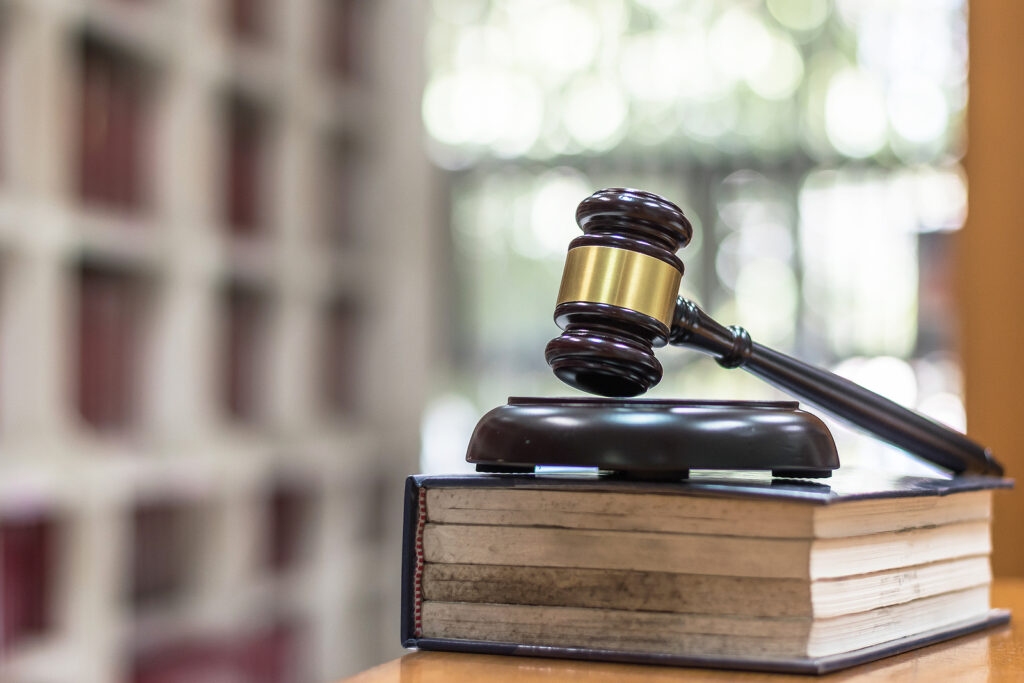Can You Protect the Equity in Your Home During a Chapter 7 Bankruptcy?
You might have heard that Chapter 7 bankruptcy is a liquidation bankruptcy. With a liquidation bankruptcy, your assets are sold to raise money to cover some of your debts. The rest of your qualifying debt is discharged via the bankruptcy process, which means you no longer legally own it.
This is different from Chapter 13 bankruptcy, which is a repayment or partial repayment plan bankruptcy. Under this type of bankruptcy, you make payments for three to five years to a trustee. The trustee uses those funds to pay some of your debt. At the end of a successfully completed Chapter 13 repayment plan, the remaining qualifying debts are discharged.
Many people know that they can save their home and several other types of assets through a Chapter 13 bankruptcy filing. But did you know that a Chapter 7 bankruptcy doesn’t necessarily mean you lose your home? Find out more about the requirements for Chapter 7 bankruptcy below, including whether or not you might be able to keep your home.
What Are the Requirements for a Chapter 7 Bankruptcy?
Chapter 7 bankruptcy is only available to individuals and certain types of business entities that are choosing to end their enterprises. Individuals must pass the means test to qualify for Chapter 7 bankruptcy. If your income is less than the state median income, you automatically pass the means test and can file Chapter 7.
If your income is above the state median, a secondary means test is applied. Through this process, you deduct specific allowed expenses from your monthly income. What is left is considered your disposable income. If that income is deemed enough to cover some payment to your creditors, you won’t be allowed to file Chapter 7 bankruptcy. You may, however, qualify for Chapter 13 bankruptcy instead.
The United States Bankruptcy Court uses Form 122A-2, which is a nine-page document, to effect means test calculations. This is just one step in the bankruptcy process where details are incredibly important. Working with a bankruptcy attorney to complete this form and go through the bankruptcy process can help ensure an error-free petition and a better chance at a positive outcome.
What Are the Requirements for Keeping Your Home in a Chapter 7 Bankruptcy?
As you go through the Chapter 7 bankruptcy process, a trustee works on your case. He or she reviews your assets to determine if there are any that can be sold. The proceeds from those sales are used to benefit your creditors.
One asset that the trustee will look at is your home. If you have enough equity in your home, the trustee might consider whether or not it should be sold so the proceeds can be used to pay back some of what you owe to creditors.
However, in some situations, you can keep your home and even protect a certain amount of equity. To do so, you typically need to be current on your mortgage payments when you file or be able to catch up on those payments fairly quickly. You also can’t have more equity in your home than is protected by the homestead exemption in your state.
What Is the Homestead Exemption?
A homestead exemption excludes your home or a certain amount of equity in it from being taken from you for the purpose of settling debts. The Colorado homestead exemption is $250,000 in any case where the home is occupied by the owner or his or her family. The exemption goes up to $350,000 in cases where the owner, their spouse, or one of their dependents is disabled or elderly and occupies the home.
This means that up to $250,000 (or $350,000, depending on the case) is exempt. To understand how this might work, consider some hypothetical examples.
- A person owes $100,000 on their mortgage and the home is worth $200,000. They have $100,000 in equity, and that is fully protected under the Colorado homestead exemption. They are likely able to keep their home with a Chapter 7 bankruptcy.
- A person owns their home outright and it’s worth $200,000. Again, that entire amount is covered under the homestead exemption, so they may not have to give up their home in a Chapter 7.
- A person owes $100,000 on a home that’s worth $475,000. That leaves $375,000 in equity. That is not all covered by the homestead exemption, so there’s a chance the trustee might force the sale of the home. They would then give the $250,000 exempted portion (minus any applicable fees) to the individual before using the rest to benefit creditors.
Is Chapter 7 Bankruptcy the Right Choice for You?
Learning that you won’t be able to keep your house after you file a Chapter 7 bankruptcy petition is bad. You may not have any options for reversing that decision, so it’s important to know whether Chapter 7 is the right choice for you before you file.
Talking to a bankruptcy lawyer is the best way to understand your options and what might work best in your case. To find out more about Chapter 7, including whether you might be able to keep your home, make an appointment with the Holland Law Office by calling 970-232-3097 today.




